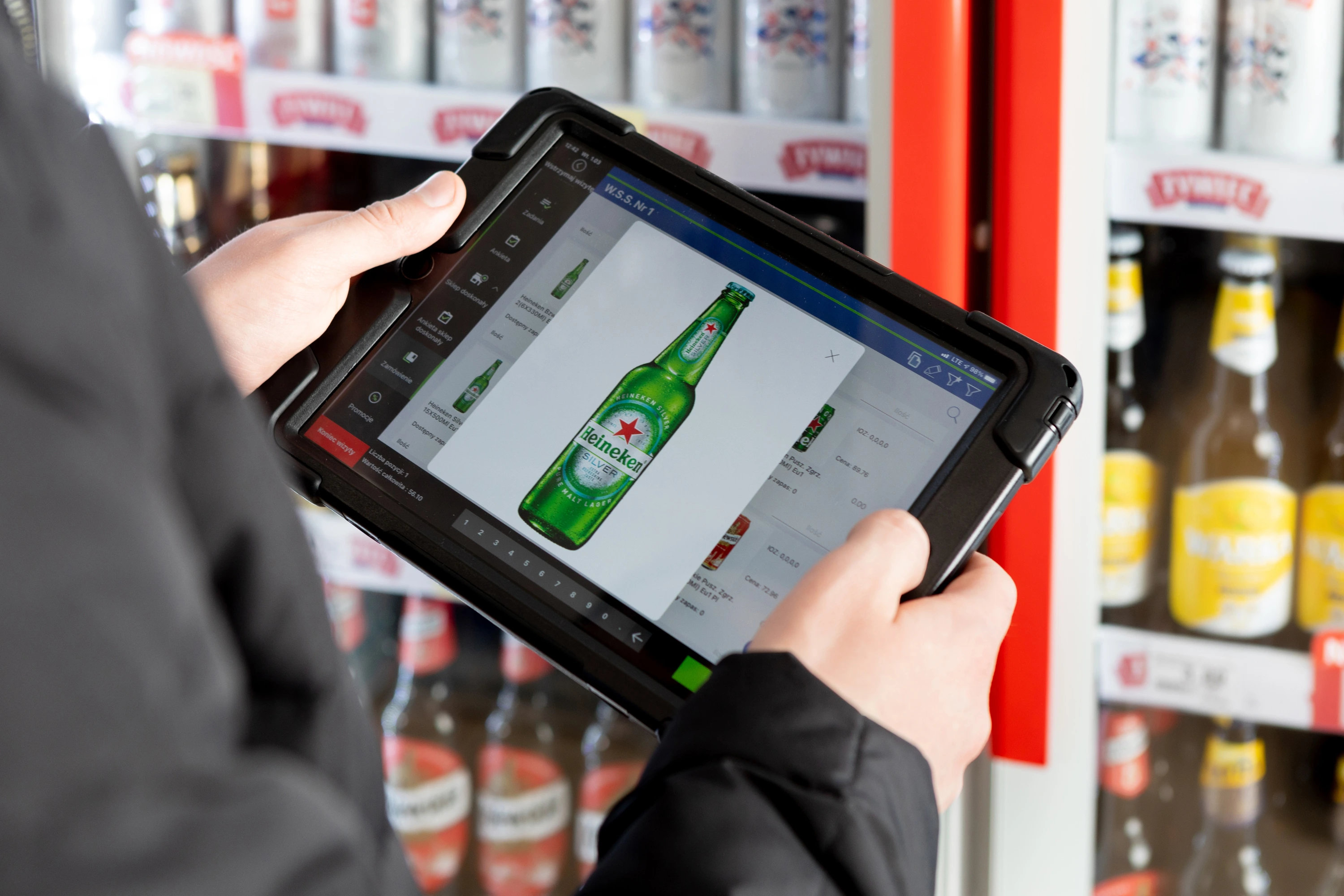Let's start with the definition that a loyalty program is a long-term marketing program designed to reward customers who frequently buy from a company. Of course, every supplier in the B2B sector wants sales growth and business margin growth.
Sales increases and business margin growth are both perfect goals, but the general rule is that the implementation of a loyalty program will increase sales, but likely reduce marginality. After all, no matter what you offer customers—discounts, points, miles, privileges, and gifts—these things all cost money you have to pay. Therefore, ask your team if the market niche in which your company operates is highly competitive.
If the answer is YES, and customers have a choice of suppliers in your market segment, then implementing a loyalty program would make definitive business sense. In B2B, where the cost of contracts is much higher than in B2C, the value of customer retention is much higher as well. By implementing a loyalty program, you will increase your customers' intentionality to stay with the brand based on positive customer experiences and the benefits they receive from the transactions.
Customers can be rewarded for any action that is beneficial to your business. This means not only the volume of purchases, but also the discipline of paying invoices on time or electronically, using electronic correspondence instead of paper and stamps, introducing an auto-order functionality, and many other business operations that can be rewarded by loyalty points.
Note. Auto-order is a functionality of the ERP system on the buyer's side that analyzes the company's stock and automatically sends new orders to a supplier for SKU items that are close to being sold out.
Let's see what customer benefits are most often used as a prize pool for B2B loyalty programs.
- Discounts. This type of sales stimulation has become a classic in the B2C sector, and is also successfully used in the B2B environment. Customers are offered a one-time or permanent discount, which can be applied to a current or future purchase.
Discounts are especially beneficial to your customers as, in most cases, they buy your products for resale to other companies or retail consumers. Buying at a lower price means they will be able to increase their sales margins. Discounts are beneficial for you, too, since your overall gross sales volume increases.
- Bonus points. Along with discounts, bonus points are a popular type of loyalty program benefit in B2B ecommerce. Customers receive reward points for each purchase made, which can be used to buy more of the supplier's goods or get gifts on a supplier-owned loyalty portal.
There is a discussion in the business community about whether it is a good practice to award points not only to client companies, but also to their employees who work as buyers. There is a potential conflict of interest if the buyer, in pursuit of personal points, would purchase more goods than necessary for company business. A more ethically neutral process is giving the right to assign accumulated bonuses to the head buyer, who then shares bonuses with the team based on internal KPIs or other performance indicators.
- Privilege levels. Multi-level privilege programs with beautiful logos and the assignment of statuses like "gold" and "exclusive" may flatter the vanity of buyers, but in essence, they're the same set of discounts and bonuses packaged in a fancier wrapper.
Granting privilege levels is primarily beneficial to the providers themselves, since it allows vendors to easily segment their customers into low, medium, and top-spending consumers and conduct marketing campaigns depending on their purchase history.
Now that we’ve discussed the benefits and the most common reward options in B2B loyalty systems, let's talk about integrating loyalty programs with the Virto Commerce platform.





























